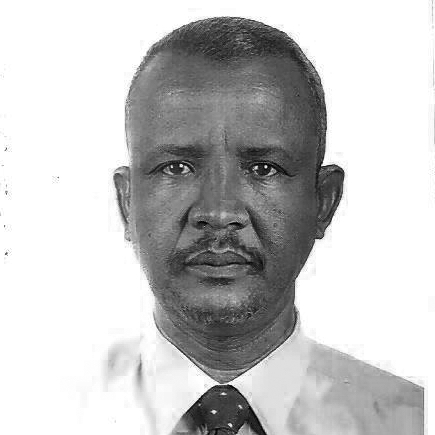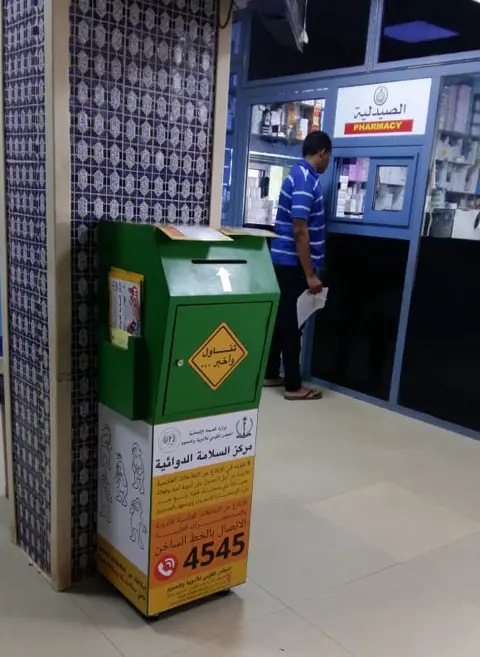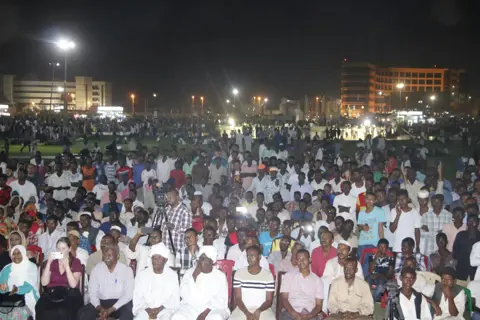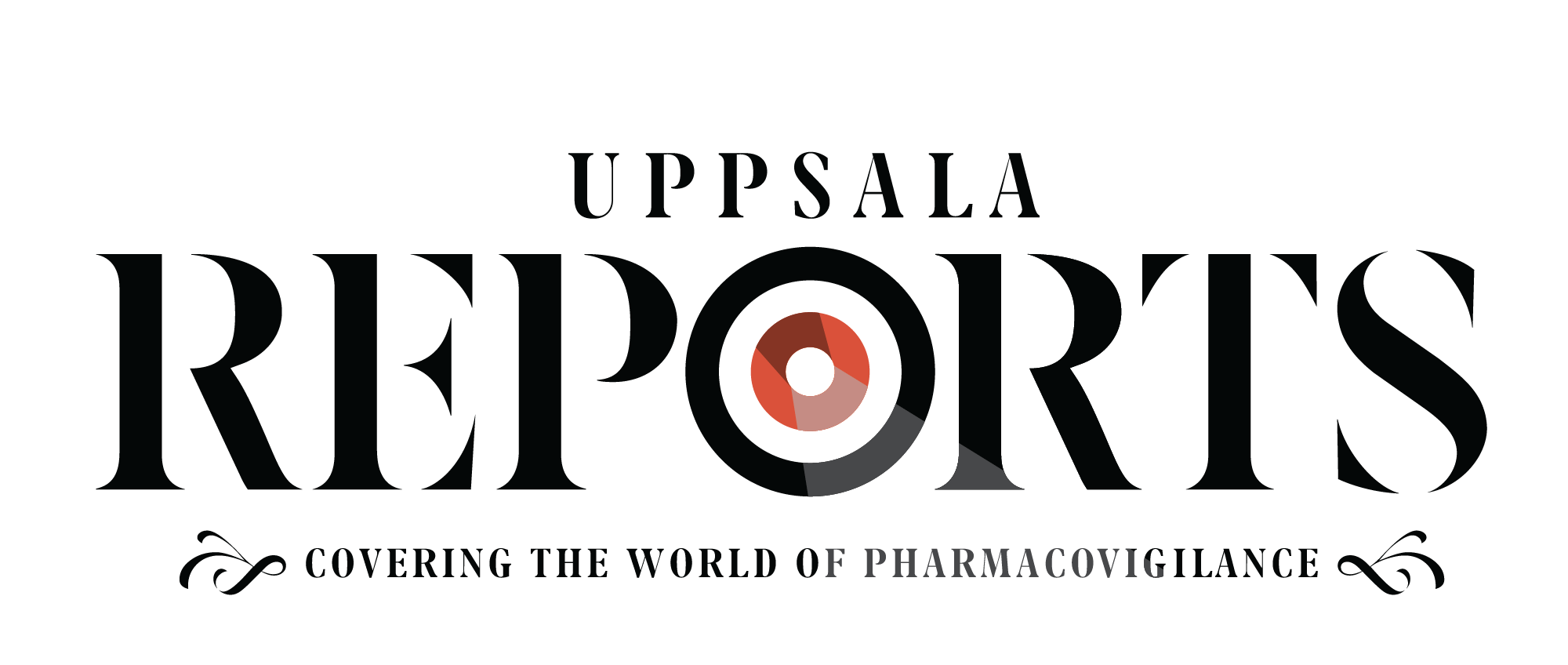
Sudan has been a member of the WHO Programme for International Drug Monitoring since 2008. But in common with many other countries, pharmacovigilance was low on its list of priorities before the third WHO Global Patient Safety Challenge: Medication Without Harm, put it firmly on the healthcare agenda. In line with the international push to halve medication errors in five years, Sudan’s national pharmacovigilance centre has redoubled its efforts to promote medicines safety and provide training to healthcare staff in reporting adverse drug reactions.
Since the beginning of 2018, a nationwide campaign to raise public awareness of the importance of reporting side effects from medicines has run in local newspapers, radio, television, and social media. A hotline dedicated to reporting adverse drug reactions and quality defects was launched, and hundreds of people flocked to public parks to watch free open-air comedy shows put on by pharmacists. The shows explored the wide range of unexpected adverse effects that may arise from prescribed medicines, self-medication and traditional medicines, and how they may be prevented by sharing information and reporting.
Reporting forms with explanatory notes have been sent to hospitals for visitors and staff to complete and drop into boxes at designated collection points. A reporting app is also in the works, as 80% of the Sudanese population has smartphones and the country’s internet network coverage is excellent. Scanned reports can even be sent in via social media.
“103 reports were uploaded in 2018, and approximately double that number now await processing.”


Guidelines for training hospital and medicines information centres’ personnel in detecting and reporting adverse drug reactions are based on WHO best practices and the Guideline on Good Pharmacovigilance Practices for Arab Countries. Staff at 50 hospitals in Khartoum have already received coaching and other states are set to follow, with pharmacovigilance workshops for medicines information staff taking place nationwide. A similar system to the one used by the Yellow Card Scheme and medicines information centres in the UK is currently under development and would see medicines information centres collate and send reports to the national pharmacovigilance centre.
In just over a year, Sudanese centre has gone from submitting only a handful of reports to VigiBase, the WHO global database of individual case safety reports, to more reports than it can handle. It uploaded 103 reports in 2018, and approximately double that number now await processing. The centre is now looking at expanding the advisory committee of clinicians, pharmacists and pharmacoepidemiologists who review adverse drug reaction reports before they are shared with VigiBase to clear the backlog of reports awaiting assessment.





